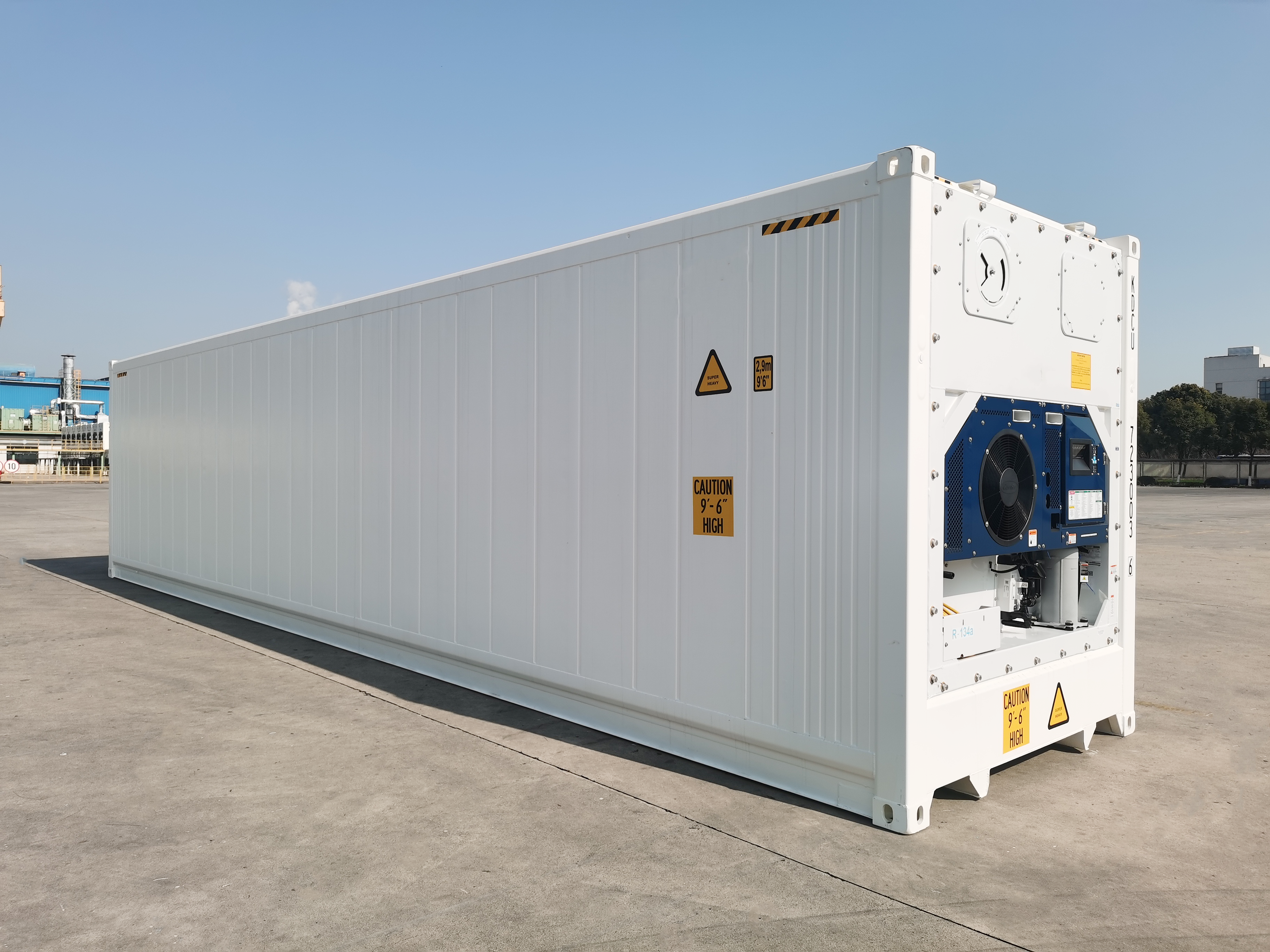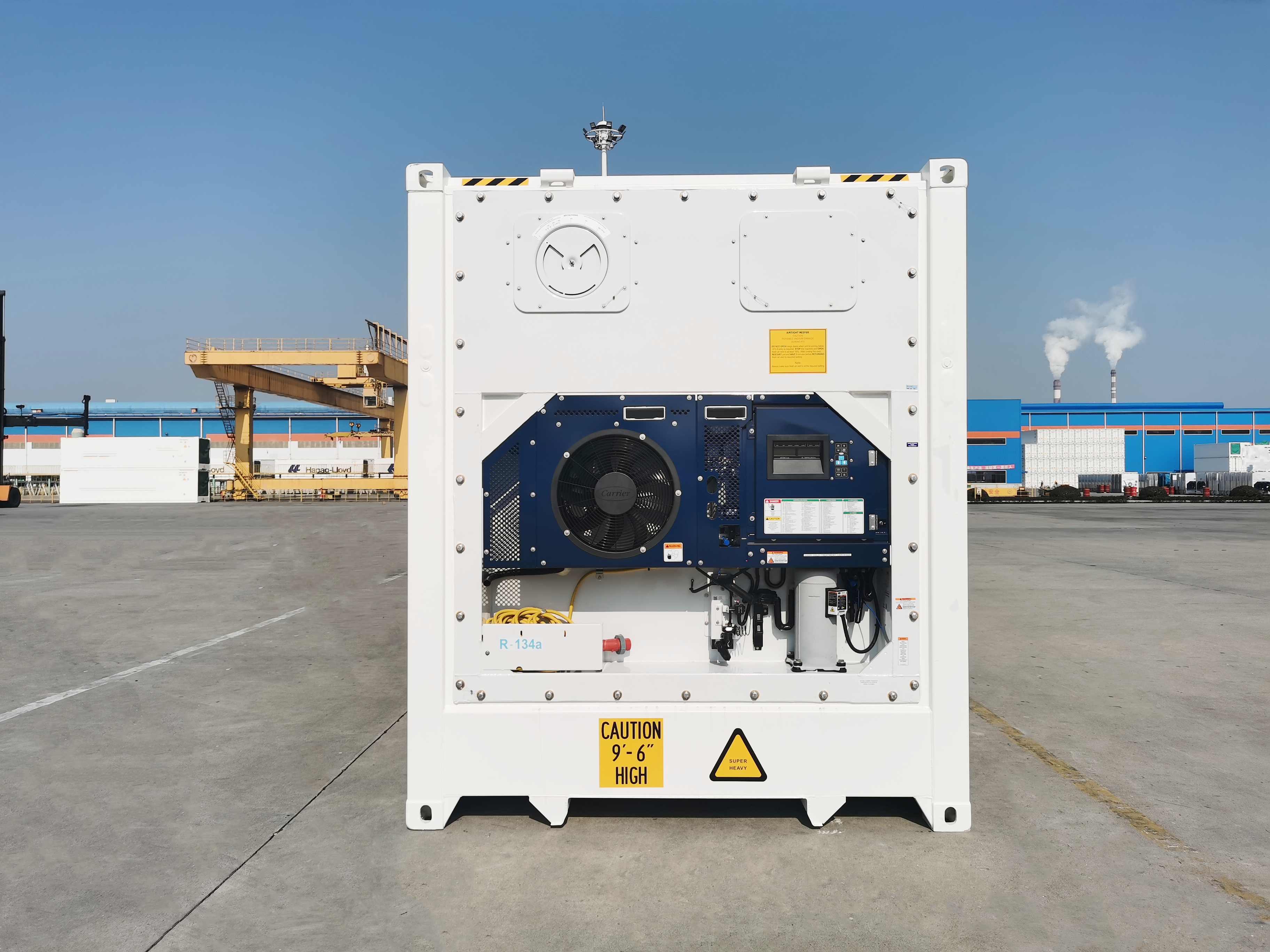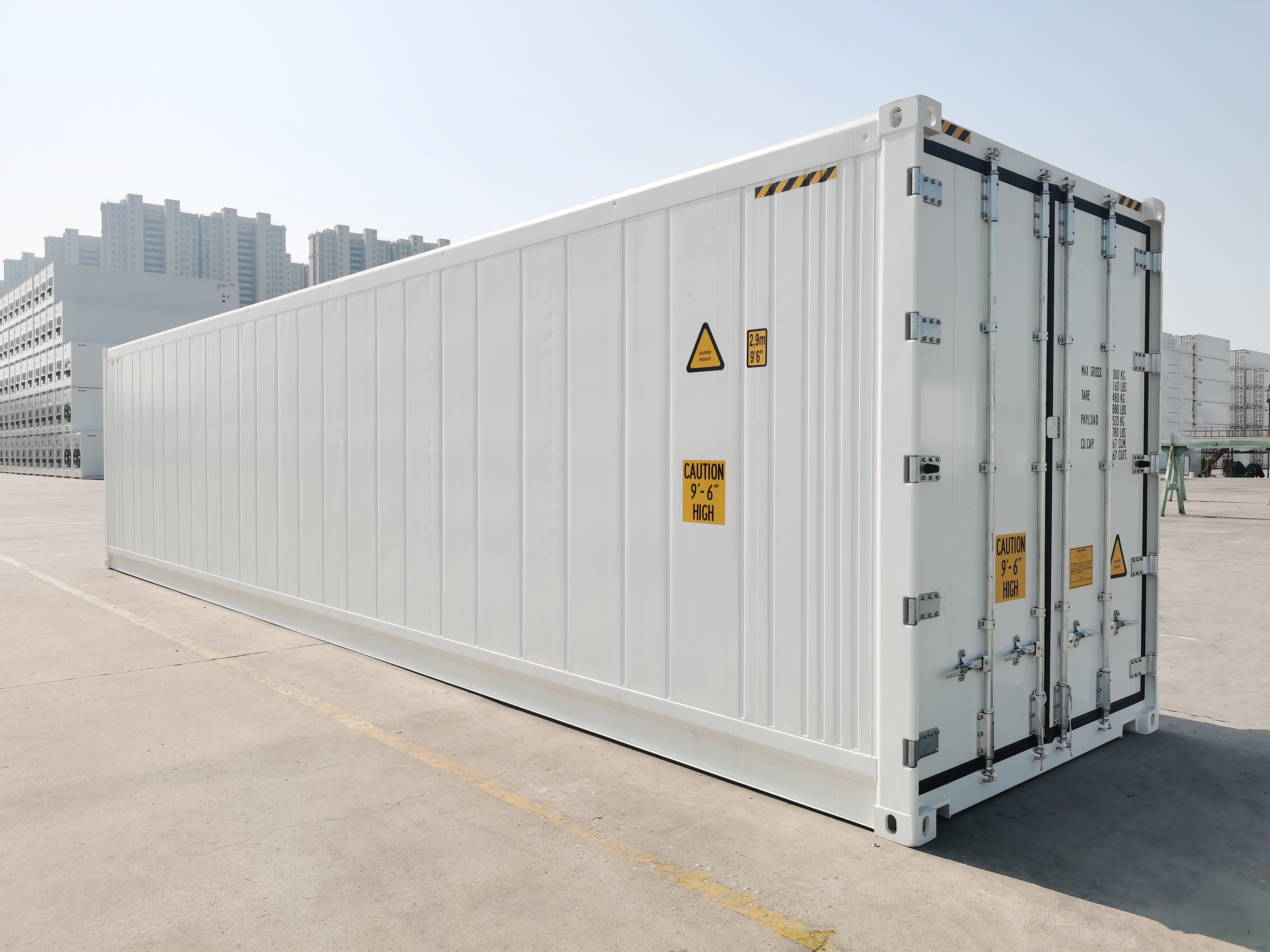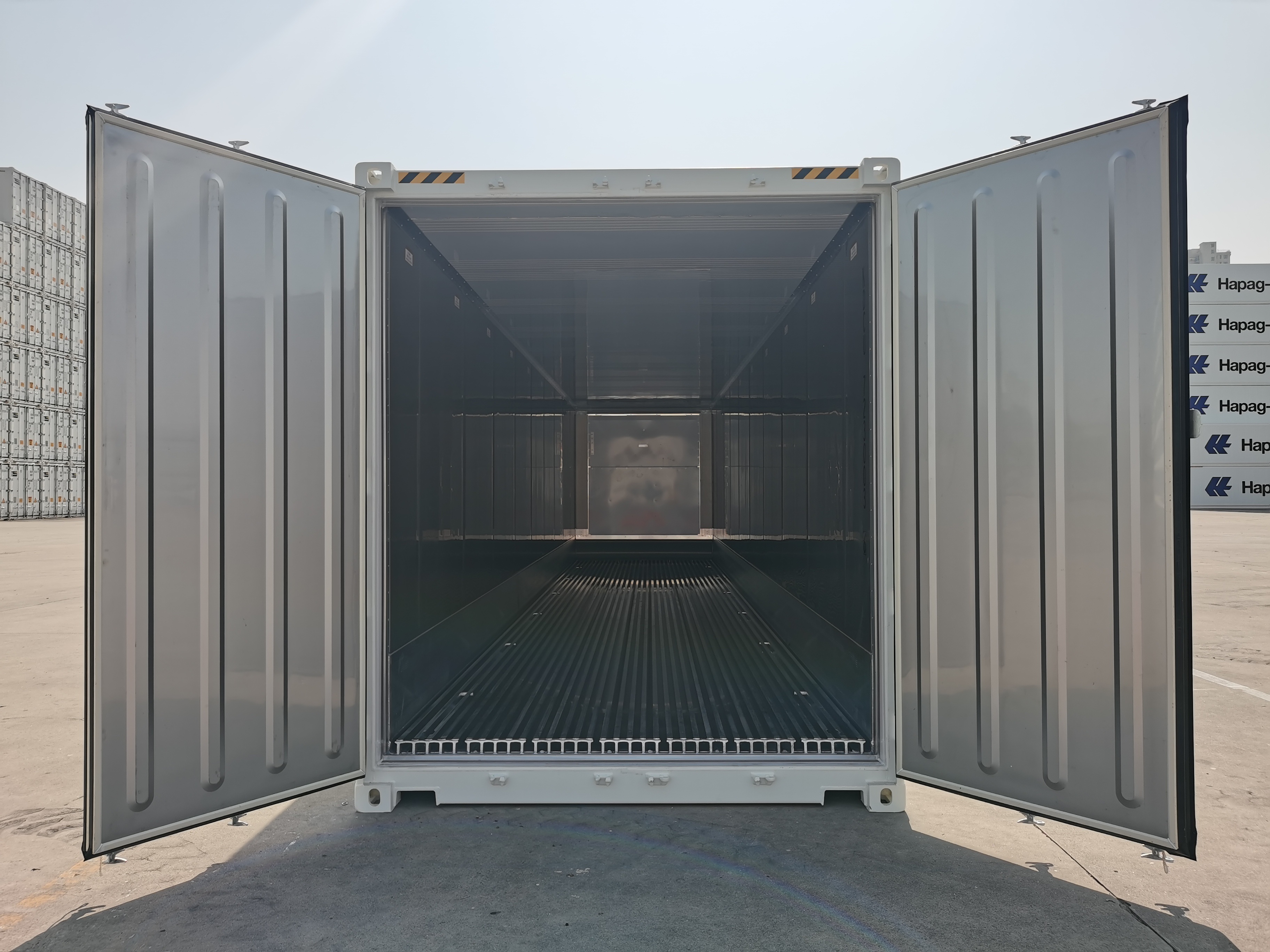-
Shipping Containers
- Container Parts
- Roof Panel
- Side Panel
- Front End Panel
- Door Panel
- Front Corner Post
- Rear Corner Post (Outer/Inner)
- Cross Member
- Bottom Side Rail
- Top Side Rail
- Door Sill
- Front Bottom Rail
- Top End Rail
- Door Header Upper/Lower
- Door Rail
- Floor Spacer
- Angle
- Top/Bottom End Rail
- Door Edge Member
- Door Sealing
- Door Frame Profile
- Door Lining
- Door Hardwares
- Door Gasket
- Side Panel/Lining
- T-Floor
- Roof Panel/Lining
- Cross Member
- Bottom Side Rail
- Top Side Rail
- Ledge PVC
- Kazoo Drain
- Auto Drain
- Alu Tube
- Auto Drain Center Part
- PVC Drain Pipe
- PVC Plugs f. Drain with Ring and Steel Wire
- Door Screw
- Door Screw Nut
- Door Screw Rubber
- Tapping Screw
- Stainless Blind Rivet
- Lashing Ring
- CSC Plate
- Welding Wire
- Tapping Screw Bit
- Vehicle Parts
- Ship Supplies
- 00. Provisions
- 11. Welfare Items
- 15. Cloth & Linen Products
- 17. Tableware & Galley Utensils
- 19. Clothing
- 21. Rope & Hawsers
- 23. Rigging Equipment & General Deck Items
- 27. Painting Equipment
- 31. Safety Protective Gear
- 33. Safety Equipment
- 35. Hose & Couplings
- 37. Nautical Equipment
- 39. Medicine
- 45. Petroleum Products
- 47. Stationery
- 49. Hardware
- 51. Brushes & Mats
- 55. Cleaning Material & Chemicals
- 59. Pneumatic & Electrical Tools
- 61. Hand Tools
- 63. Cutting Tools
- 65. Measuring Tools
- 69. Screws & Nuts
- 75. Valves & Cocks
- 77. Bearings
- 79. Electrical Equipment
- 81. Packing & Jointing
- 85. Welding Equipment
- 87. Machinery Equipment
- Vehicles
- Lashing Tools
- Logistics Tools
ContainersReefer Shipping Containers(2) - Coastal Use RequirementsApr 25,2025Coastal transportation presents unique challenges for reefer shipping containers, where salt-laden air, high humidity, and constant exposure to marine environments demand specialized design. A reliable reefer shipping container for coastal routes must excel in three critical areas: anti-corrosion resilience, energy efficiency, and compliance with strict maritime certifications. Below is a detailed breakdown of these non-negotiable standards.

1. Anti-Corrosion Design: Defending Against Marine Elements
The primary enemy of coastal reefer shipping containers is chloride-induced corrosion, which can compromise structural integrity and refrigeration performance. Top-tier units feature:
- Premium Materials: Exteriors crafted from aluminum-magnesium alloy (e.g., 5083 or 5454 series) with a corrosion resistance 3x higher than standard steel, paired with stainless steel (316 or 304 grade) for interior components exposed to condensate or washdowns.
- Protective Coatings: Multi-layered epoxy-polyurethane paints with salt-spray resistance exceeding 1,000 hours (per ASTM B117), plus zinc-rich primers to form a sacrificial barrier against electrochemical reactions.
- Sealing Systems: Double-gasketed doors with silicone or EPDM rubber strips to prevent saltwater ingress, combined with raised floor gratings to minimize standing water accumulation.
Neglecting these features can lead to costly repairs or cargo loss, as even minor rust can escalate into refrigerant leaks or insulation degradation in coastal climates.

2. Energy Efficiency: Balancing Performance and Operational Costs
Coastal reefer shipping containers often operate in fluctuating conditions—from scorching ports to cooler sea voyages—making energy efficiency critical for both sustainability and cost control. Key innovations include:
- High-Efficiency Refrigeration Systems: Scroll compressors with variable speed drives (up to 30% energy savings vs. reciprocating models) and heat exchangers coated in hydrophilic aluminum to reduce frost buildup, optimizing performance in high-humidity air.
- Advanced Insulation: Vacuum-insulated panels (VIPs) or polyurethane foam with a thermal conductivity ≤0.019 W/m·K, coupled with thermal break designs in door frames to minimize heat transfer. Such solutions can maintain set temperatures (-25°C to +30°C) with 20% less energy than conventional units.
- Smart Power Management: Solar-powered auxiliary batteries for shore power-independent monitoring (e.g., temperature loggers and GPS trackers), plus energy-recovery ventilators that precondition incoming air to reduce compressor load.
Efficient reefer shipping containers not only lower fuel costs for ships or trucks but also reduce carbon footprints, aligning with global maritime decarbonization goals.

3. Certification Requirements: Meeting Global Maritime Standards
To operate legally and safely in coastal zones, reefer shipping containers must comply with rigorous certifications:
- ISO 1161 & ISO 668: Mandate structural dimensions and stacking strength for intermodal use, crucial for seamless transfer between ships, trucks, and rail—especially vital in port-heavy coastal logistics.
- IMO MSC.81(70): Ensures resistance to extreme temperatures, vibrations, and moisture during sea transport, including testing for 30° roll angles and 15° pitch angles to simulate rough seas.
- USCG (United States Coast Guard) or DNV GL Certification: Required for vessels operating in U.S. coastal waters or European maritime zones, verifying fire safety, electrical hazard protection, and corrosion compliance in harsh marine environments.
- CSC (Container Safety Convention) Plate: A legal requirement for international transport, confirming periodic safety inspections to prevent operational failures during loading/unloading.
Integrating Design for Coastal Excellence
A superior reefer shipping container for coastal routes blends these features into a unified system: anti-corrosion materials protect the shell, energy-efficient components reduce operational strain, and certifications guarantee compliance across borders. Additional considerations include self-draining floors for easy cleaning after saltwater exposure and UV-resistant decals to maintain structural markings in intense sunlight.
Why CIMC Equilink’s Reefer Shipping Containers Excel in Coastal Environments
CIMC Equilink’s reefer shipping containers are engineered to dominate coastal logistics. Their units feature:
- Marine-Grade Construction: Aluminum exteriors with a 10-year anti-corrosion warranty and 316 stainless steel interiors, tested in salt-spray chambers for 1,500+ hours.
- Energy-Saving Technology: EC fan motors and optimized evaporator coils that cut power consumption by 25%, ideal for long sea voyages or diesel-powered truck fleets near coasts.
- Full Certification Compliance: Holding IMO, USCG, and CSC approvals, these containers ensure hassle-free passage through global ports while maintaining cargo integrity in the harshest marine climates.
Prioritize these three pillars—anti-corrosion, energy efficiency, and certification—and your coastal cold chain will stand strong against the challenges of salt, storms, and sustainability demands.
Quick Quote
Copyright © 2019 CIMC Equilink - Container Parts

 中文
中文















